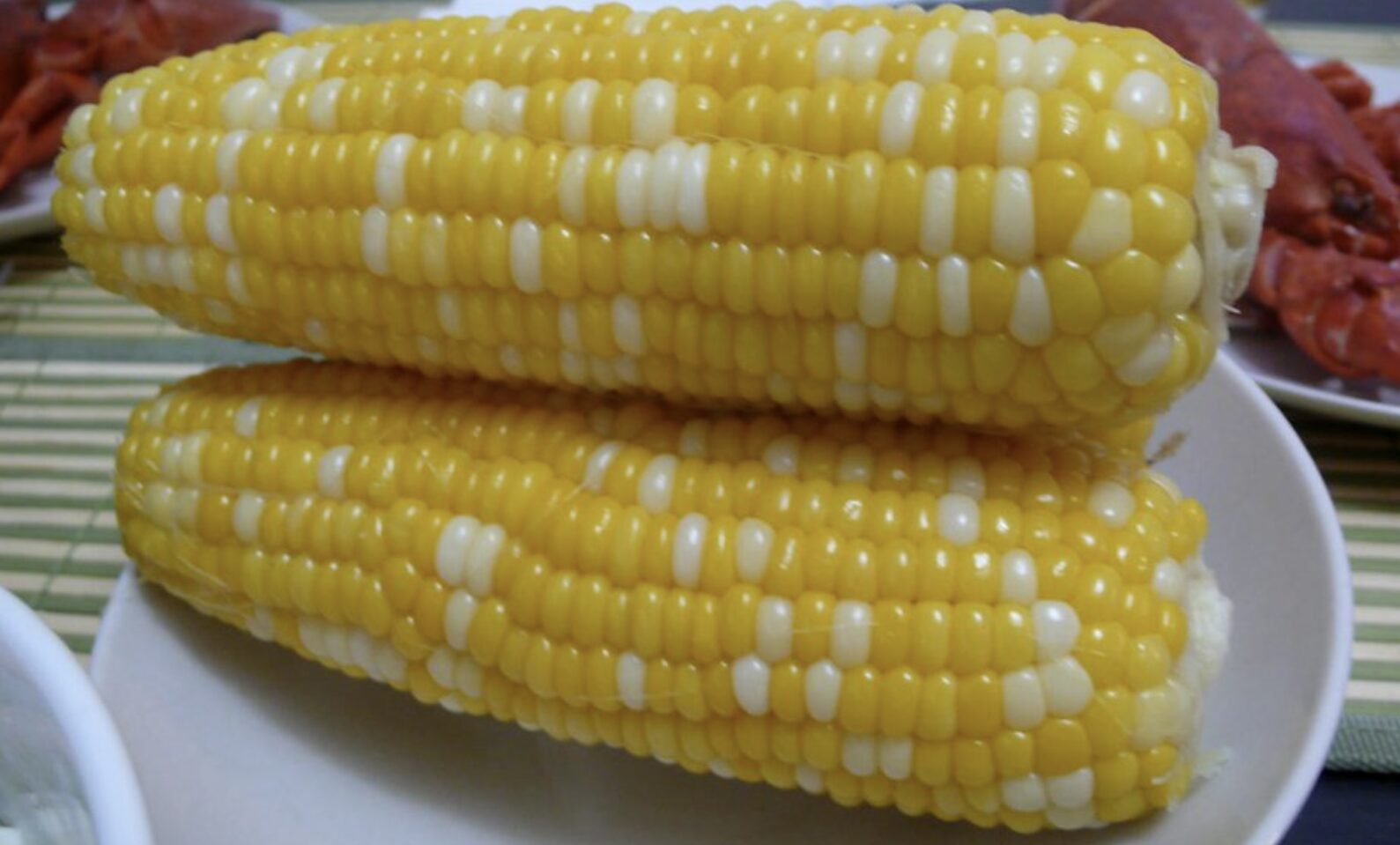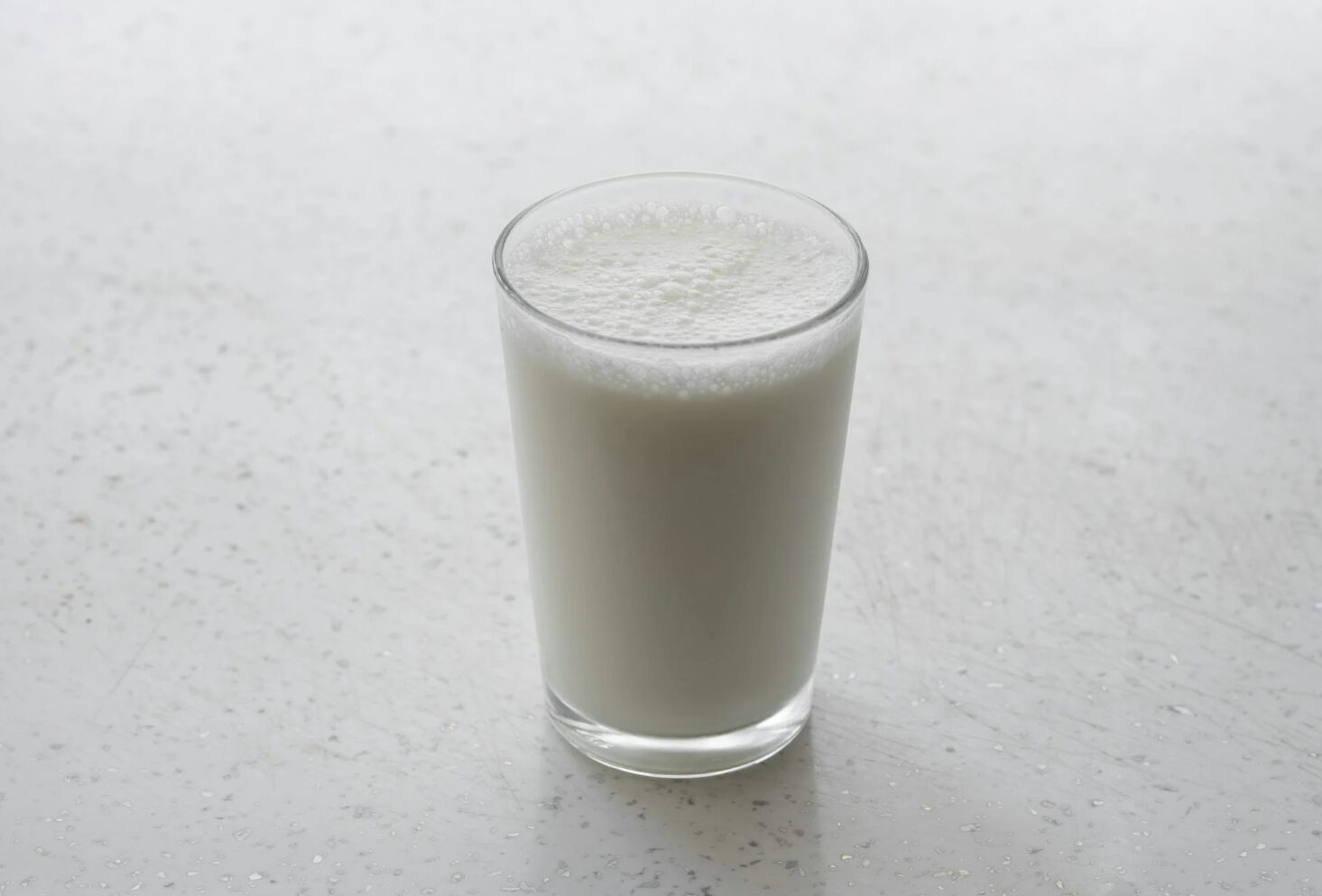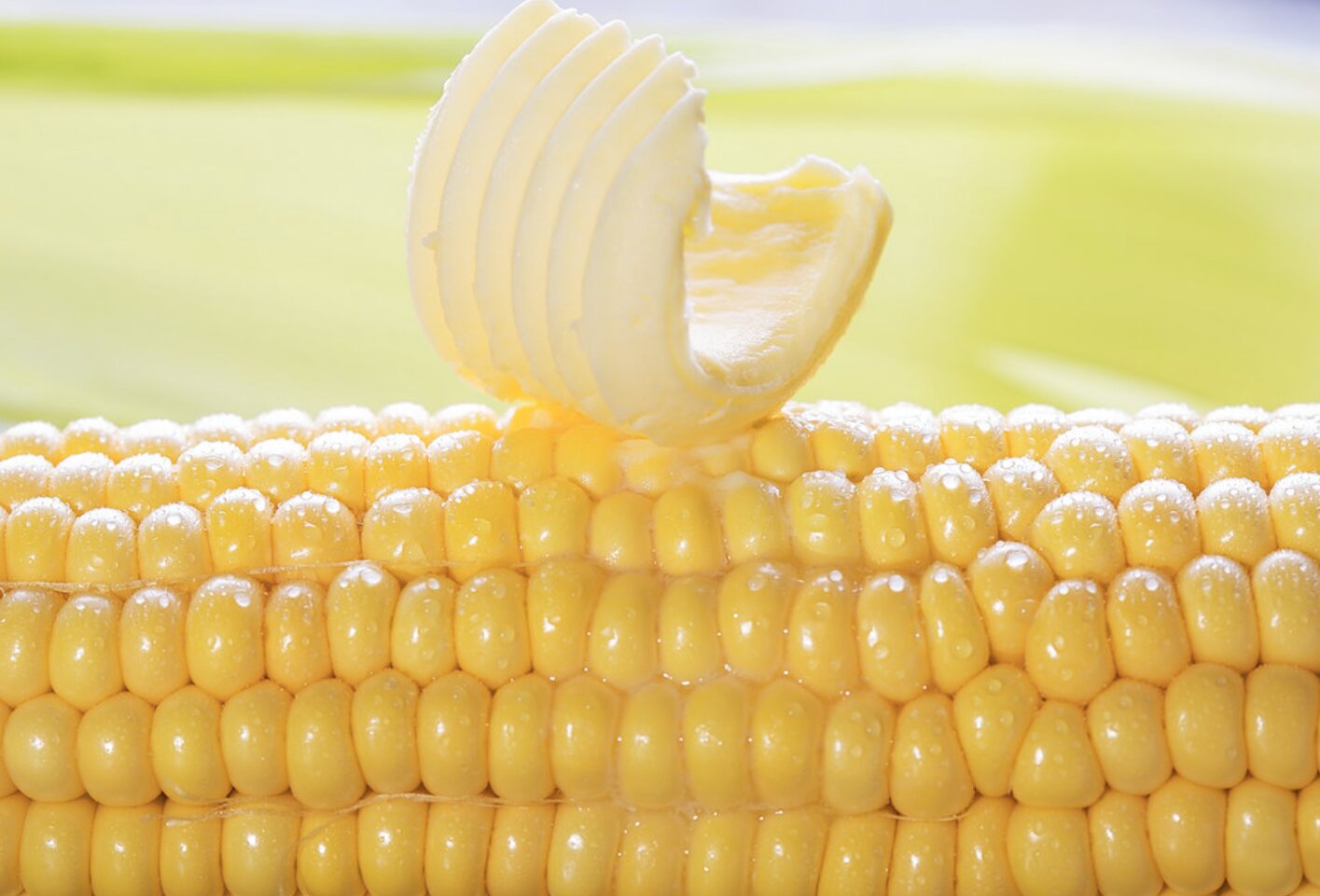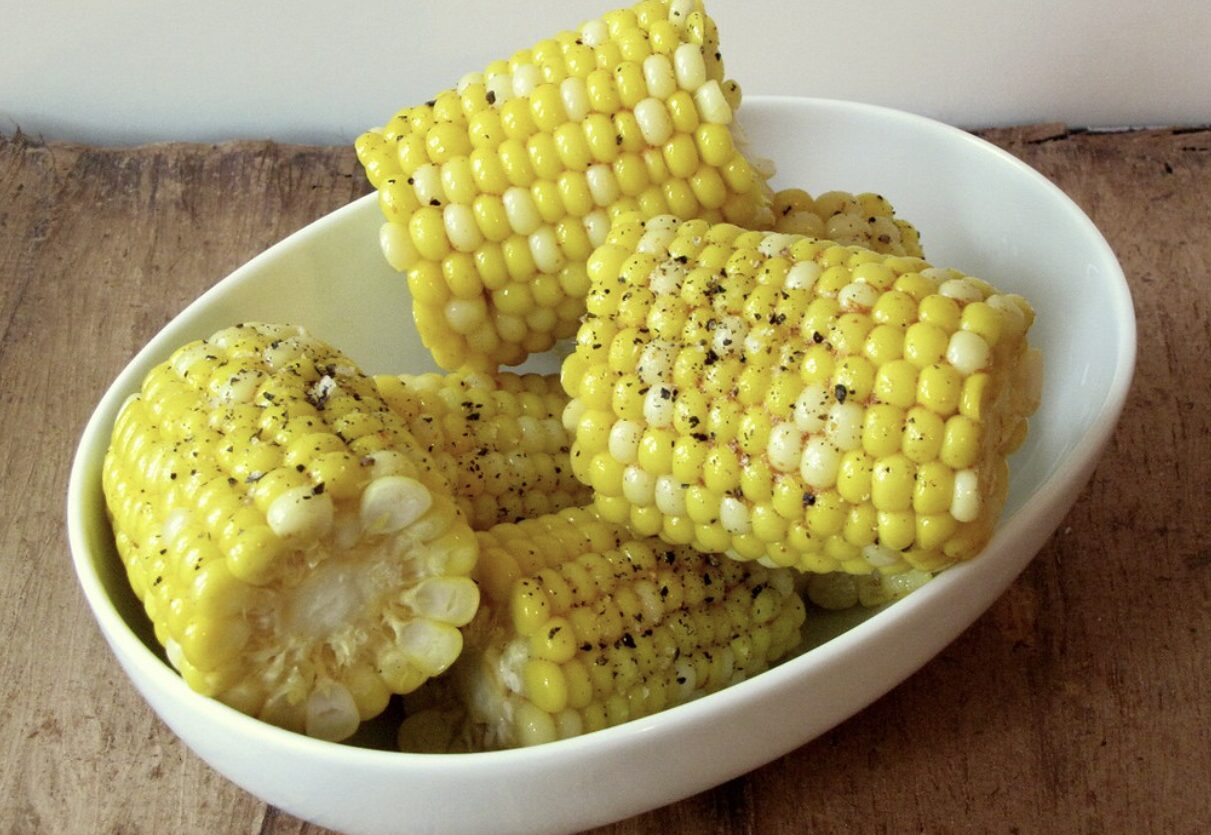This Is Why You Should Stop Boiling Corn Only in Water

source: Flickr
As someone who absolutely loves this summertime treat, I’ve found myself frequently whipping it up for family barbecues, quiet evenings, and even as a comforting side dish for my kids after a long day. Growing up, corn was a staple at our dinner table, and the traditional way of boiling it—just in water—was all I knew. It was simple, straightforward, and admittedly, a bit plain.

But let’s talk about a little twist that can turn this dish from an ordinary staple into a sensational side dish. The main key isn’t just the water you boil your corn in, but what you infuse the water with. And here’s my secret ingredient: milk. Yes, milk!

Why Milk?
Boiling corn in milk significantly enhances its flavor and texture. When you cook corn in just water, it often absorbs the water, becoming somewhat soggy and diluting its naturally sweet flavor. Milk, on the other hand, is a game changer. It adds a subtle richness and creaminess to the corn, enhancing its natural sweetness and maintaining a crispier texture. The milk proteins and fats envelop the corn, preventing too much water absorption and preserving its robust texture and flavor.

How to Perfectly Boil Corn with Milk
Here’s how you can make your corn stand out. For every quart of water in your pot, add a cup of milk. This ratio has never failed me, striking just the right balance between water and milk for the perfect creaminess without overpowering the corn’s natural flavor.
You might also consider adding a tablespoon of sugar to the pot. This might seem like gilding the lily since corn is already sweet, but it actually accentuates the corn’s inherent sweetness, making it pop just a bit more. This trick is especially useful if you’re dealing with corn that’s a bit out of season or not as fresh.

Boiling Time
Not many people know exactly how long they should boil corn, and it’s something that took me a few trials and errors to perfect. The golden rule? Do not overcook your corn. You want to maintain that juicy crunch. Generally, once your pot reaches a rolling boil, your corn should be ready in just 7 to 8 minutes. Any longer, and you risk losing both texture and flavor.
I remember the first time I decided to ditch the plain water method. It was for a Fourth of July barbecue at our house. On a whim, and having read a snippet about it in an old cookery book (okay, you’ve caught me—it was on social media), I threw milk and a dash of sugar into the boiling pot. The reactions were unanimous—everyone loved it! My family raved about the corn’s texture and how the flavors were just so much more pronounced.

Encouraged by this success, I started experimenting with other ingredients as well. A bay leaf, a sprinkle of salt, or even a stick of butter can make all the difference, turning each kernel into a tiny explosion of flavor. My kids, who were used to the standard boiled corn, asked for seconds and then thirds, which told me everything I needed to know about the improved recipe.
Incorporating Milk-Boiled Corn into Other Dishes
Once you’ve mastered the art of boiling corn with milk, you’ll find that this improved version of corn is not just great on its own, but it’s also a fantastic addition to other dishes. Slice the kernels off the cob and toss them into salads, or stir them into a pot of creamy chowder. The enhanced flavor and texture of the corn can elevate even the simplest dish.

If you’ve been boiling your corn in just water, I highly recommend giving the milk method a try. It’s a small change, but it makes a world of difference. It might just become your new family tradition. And next time you’re at a potluck or a family gathering, try bringing along a batch of your milk-boiled corn. You’ll likely find yourself bombarded with questions about your secret to such delicious corn. And when you share your secret, you’ll be passing on a tradition of flavor that can spread far beyond just your kitchen.